How much protein can the body use in a single meal for muscle-building? Implications for daily protein distribution
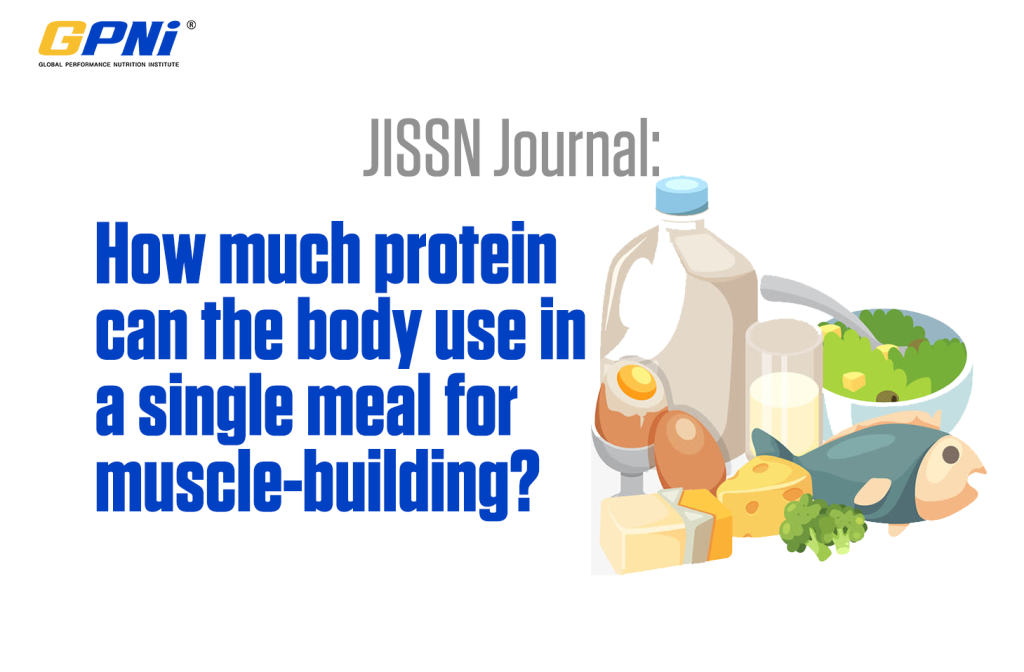
Abstract Controversy exists about the maximum amount of protein that can be utilized for lean tissue-building purposes in a single meal for those involved in regimented resistance training. It has been proposed that muscle protein synthesis is maximized in young adults with an intake of ~ 20–25 g of a high-quality protein; anything above this amount is […]
The risk of low energy availability in Chinese elite and recreational female aesthetic sports athletes

Abstract Background Low energy availability (LEA) is a medical condition observed in athletes, with a higher prevalence in aesthetic sports. For the first time, this study evaluated the relative prevalence of LEA in female elite athletes (ELA) and recreational athletes (REA) in aesthetic sports in China. Methods Female athletes from 6 sports (trampolining, rhythmic gymnastics, […]
Myofibrillar Muscle Protein Synthesis With Increased Protein Intake
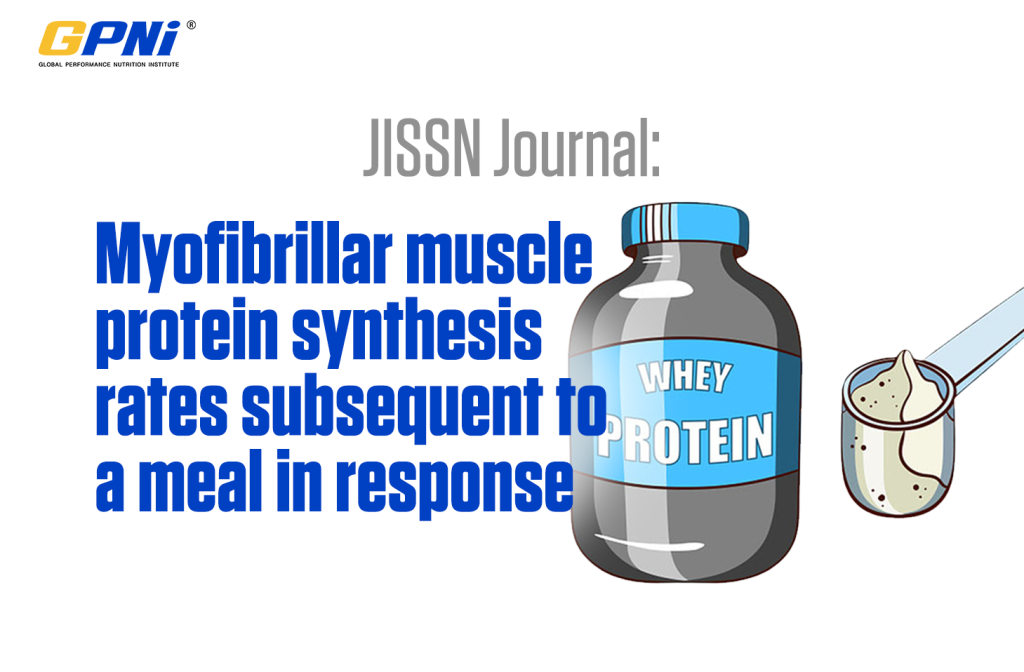
ABSTRACT Background: The intake of whey, compared with casein and soy protein intakes, stimulates a greater acute response of muscle protein synthesis (MPS) to protein ingestion in rested and exercised muscle. Objective: We characterized the dose-response relation of postabsorptive rates of myofibrillar MPS to increasing amounts of whey protein at rest and after exercise in resistance-trained, young […]
The effect of acute pre-workout supplementation on power and strength performance
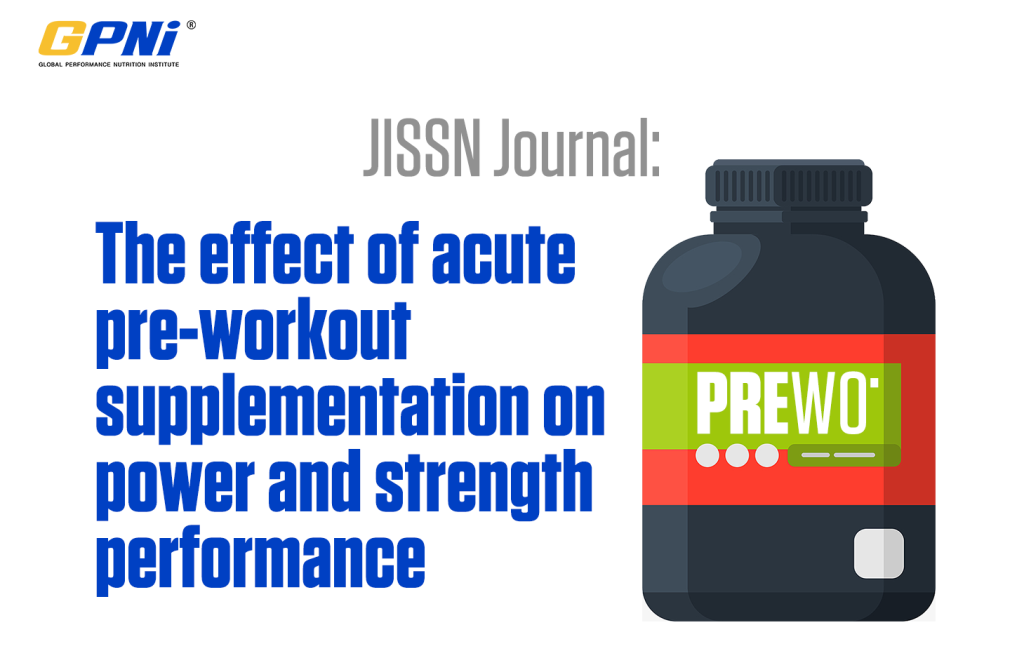
Abstract Background Consumption of pre-workout dietary supplements by both recreational and competitive athletes has increased dramatically in recent years. The purpose of this study was to determine the acute effects of a caffeine-containing pre-workout dietary supplement on various measures of performance including anaerobic power, upper and lower body power, and upper body strength in recreationally […]
Course materials list for issn sns course
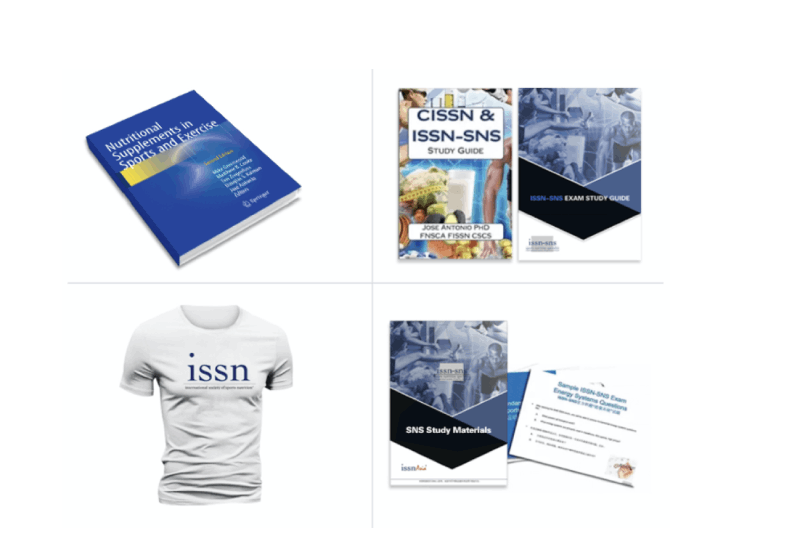
What Materials You Will Recieve For Your Course Please see below the list of all materials you will receive for the ISSN-SNS course, exclusively on the GPNi® platform. Course Book Reference Book “Nutritional Supplements In Sports & Exercise” (2nd Edition) 2 X Study Guide GPNi® Branded Phone Cover 2 X Branded Pens GPNi® Branded Notebook
Amino acid supplementation and impact on immune function in the context of exercise
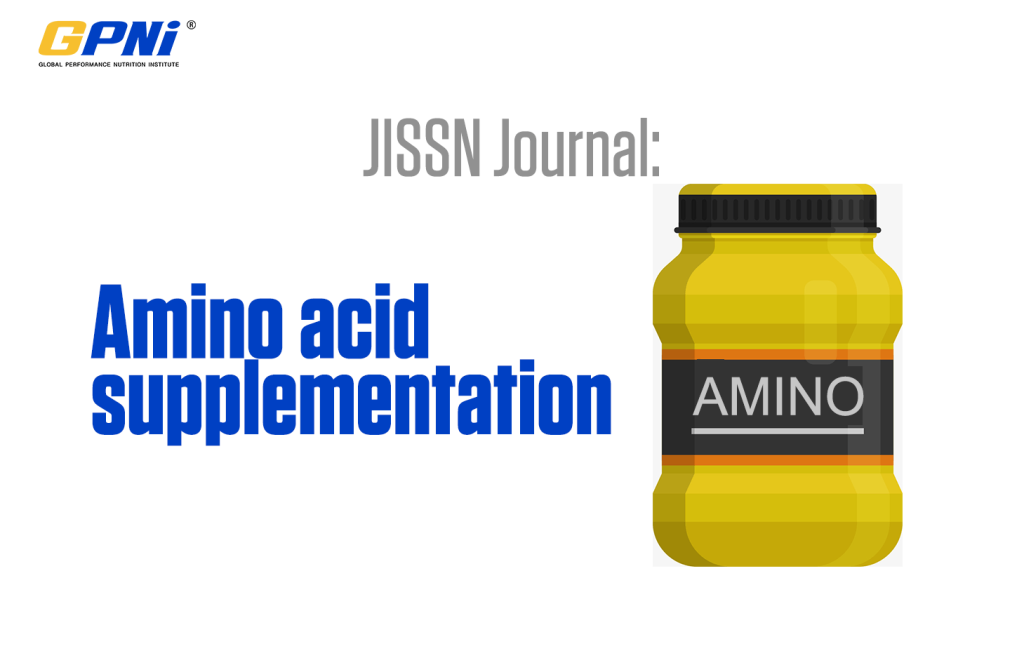
Read the full journal here at the JISSN. Abstract Moderate and chronic bouts of exercise may lead to positive metabolic, molecular, and morphological adaptations, improving health. Although exercise training stimulates the production of reactive oxygen species (ROS), their overall intracellular concentration may not reach damaging levels due to enhancement of antioxidant responses. However, inadequate exercise training […]
Rhabdomyolysis and exercise-associated hyponatremia in ultra-bikers and ultra-runners
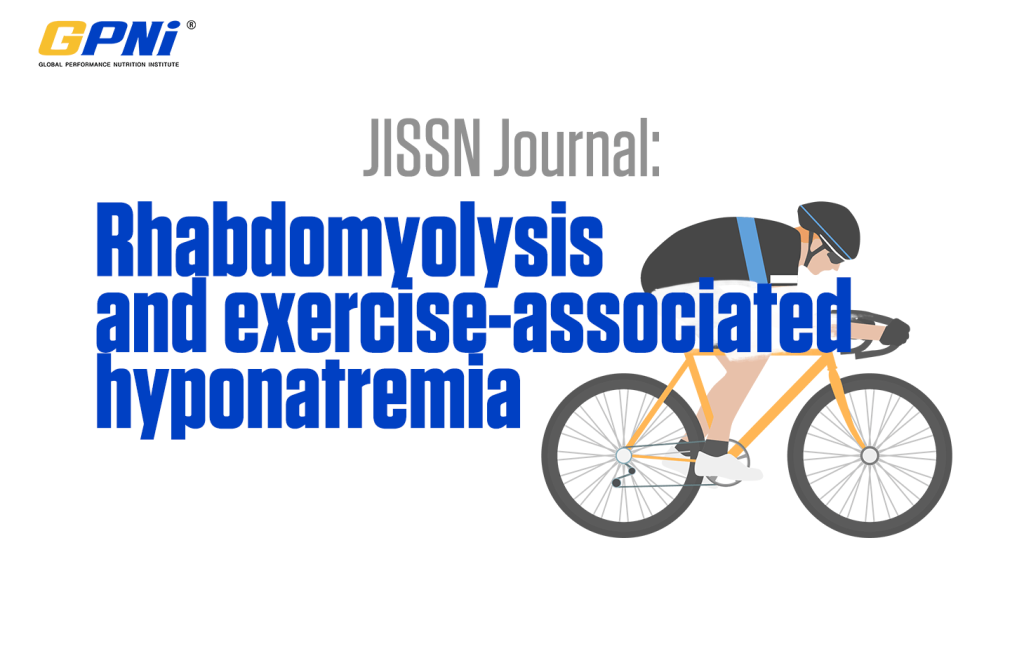
Read the full journal here at the JISSN. Abstract Background Exercise-associated hyponatremia (EAH), rhabdomyolysis and renal failure appear to be a unique problem in ultra-endurance racers. Methods We investigated the combined occurrence of EAH and rhabdomyolysis in seven different ultra-endurance races and disciplines (i.e. multi-stage mountain biking, 24-h mountain biking, 24-h ultra-running and 100-km ultra-running). Results Two […]
Body composition changes in physically active individuals consuming ketogenic diets: a systematic review
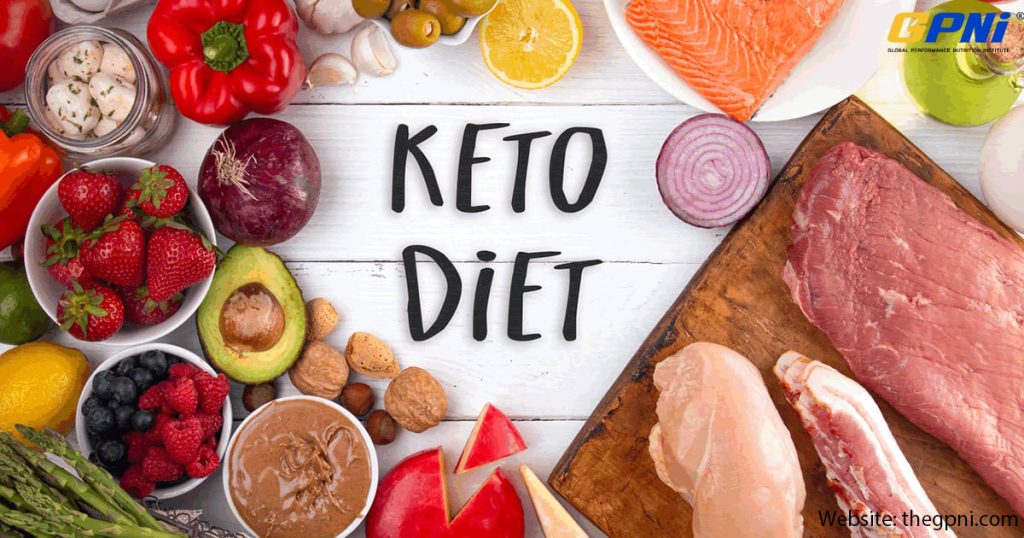
Abstract Background To achieve ideal strength/power to mass ratio, athletes may attempt to lower body mass through reductions in fat mass (FM), while maintaining or increasing fat-free mass (FFM) by manipulating their training regimens and diets. Emerging evidence suggests that consumption of high-fat, ketogenic diets (KD) may be advantageous for reducing body mass and FM, […]
The Scientific Truth about Creatine
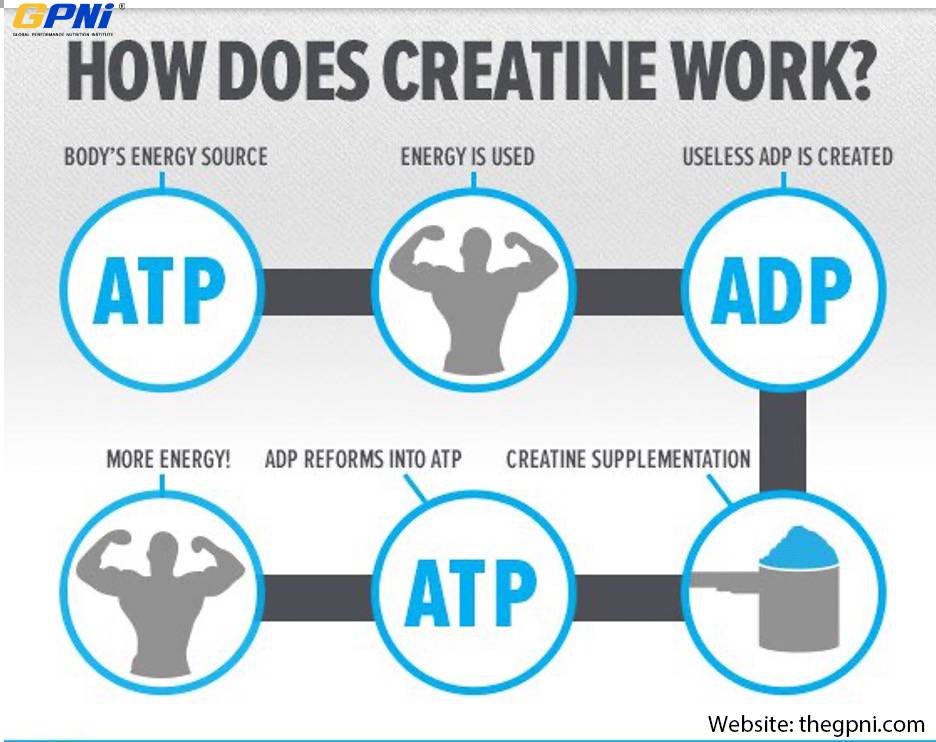
Introduction Creatine is a naturally occurring molecule primarily stored in skeletal muscle cells. It is also found in the liver, pancreas, testes, and kidneys in much smaller quantities. Among athletes and older adults, creatine is commonly used for improving exercise performance and promoting muscle mass. It is popular with athletes as a nutritional ergogenic aid. […]
Does L-Glutamine Really Work For Muscle Growth & Protection?

The scientific answer to this question is NO. As such, we will be taking time to dissect the overwhelming number of scientific pieces of evidence that conclude that L-Glutamine is not a adequate dietary supplement if the interest is muscle growth and muscle development. What is L-Glutamine? Glutamine is an amino acid, and like all […]

